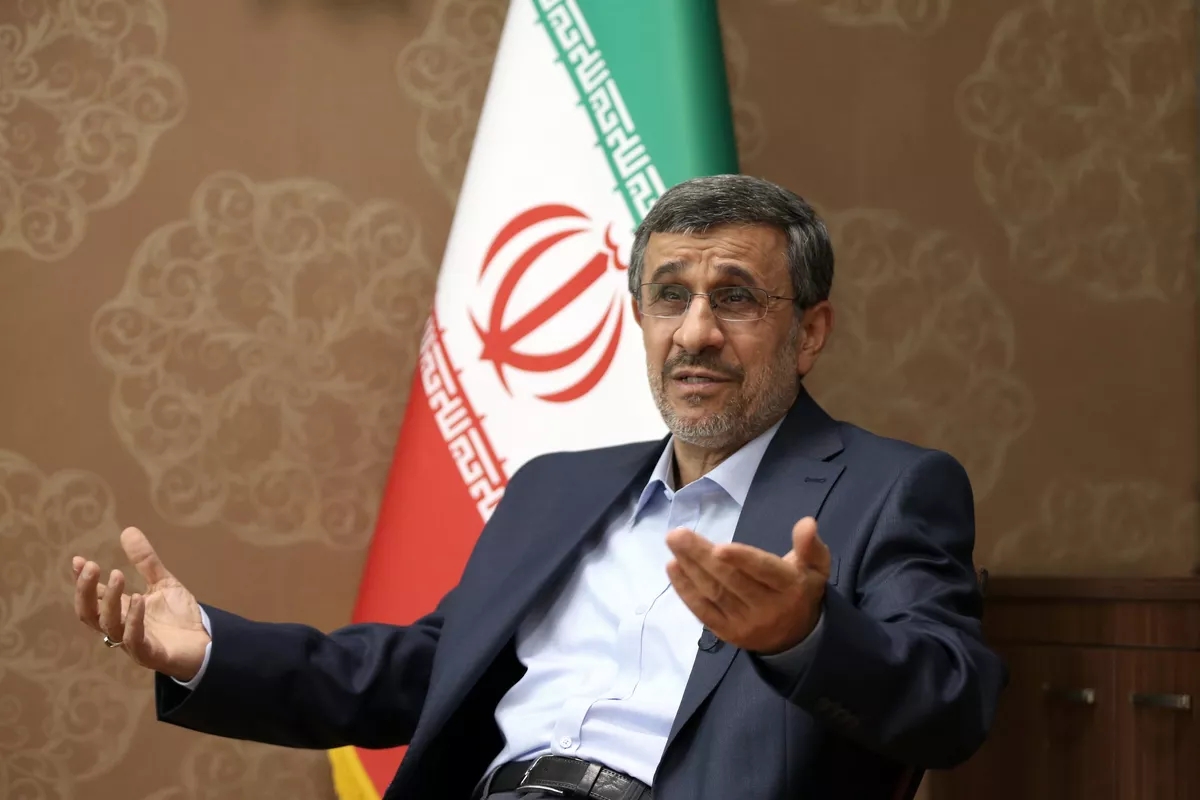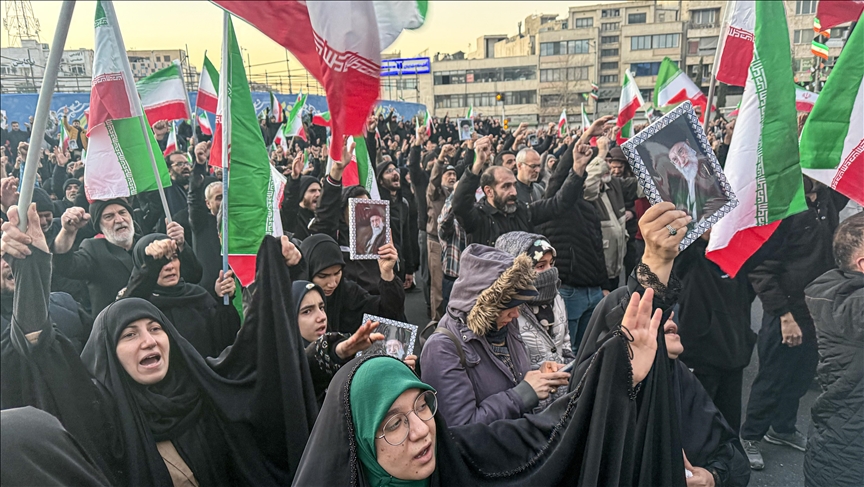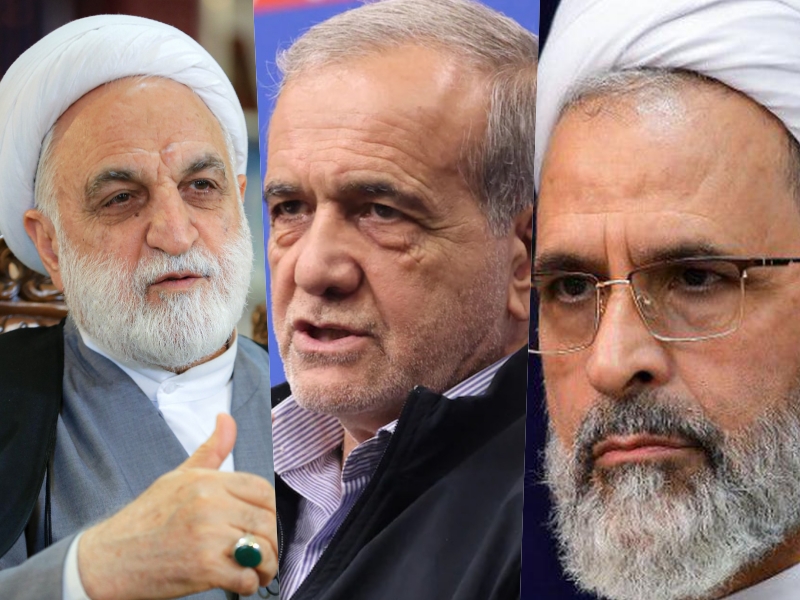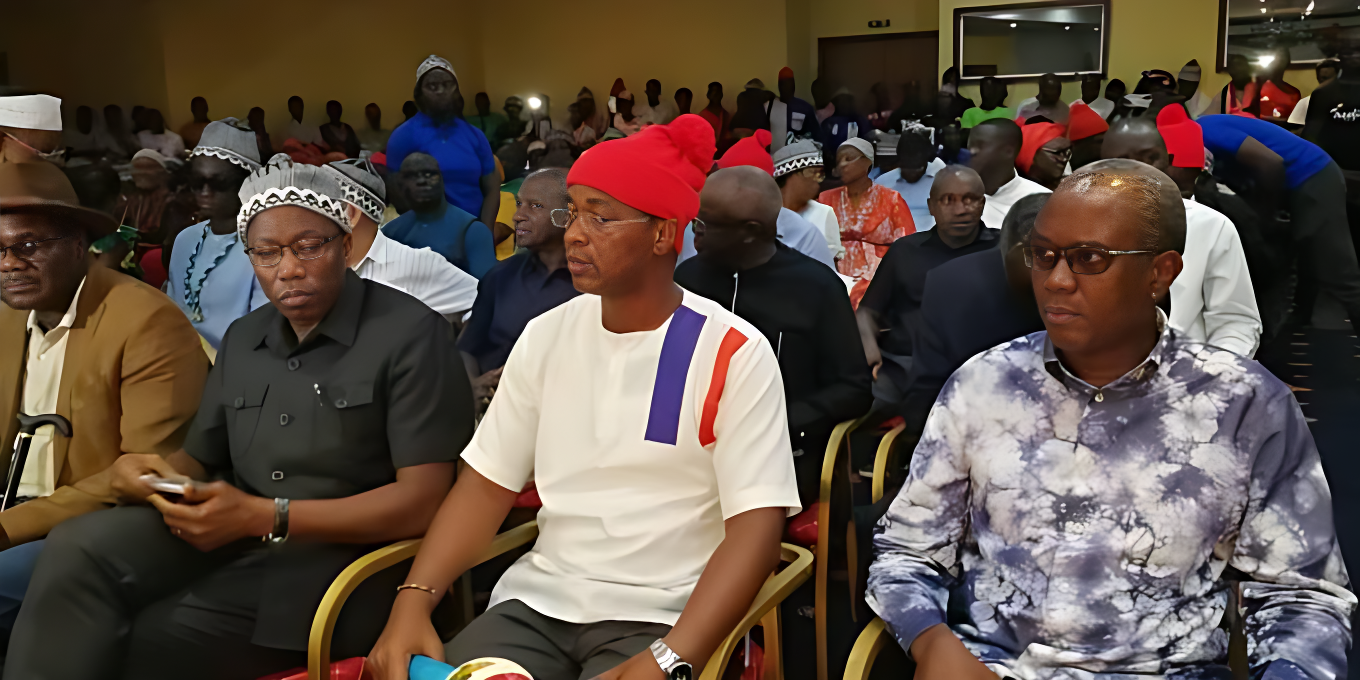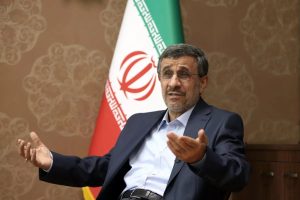Gambiaj.com – (BANJUL, The Gambia) – The Director of Finance at the Kanifing Municipal Council (KMC), Dr. Alieu Keita, has described the Council’s involvement in the ‘Mbalit’ Project as financially detrimental, exposing significant mismanagement and irregularities during his testimony before the Local Government Commission of Inquiry on Day 2 of hearings. The project, according to Dr. Keita, placed the Council in a disadvantaged position due to the terms of the agreement, which he described as both “unusual” and “highly complicated.”
Dr. Keita revealed that after reviewing the contract for the Mbalit Project, he approached KMC Mayor Talib Bensouda, warning that the financial arrangements were overly favorable to the banks involved, to the detriment of the Council. However, Keita said that the Mayor dismissed his concerns and advised him to “back off” from the matter, effectively leaving the arrangements unaltered.
A Complicated and Unfavorable Agreement
In his testimony, Keita explained that the project, funded through a loan agreement between KMC and AGIB Bank, included a special arrangement with Espace Motors for the procurement of waste management vehicles. He characterized the loan as atypical and “not the normal loan that banks give out.” According to Keita, the project’s repayment structure and the use of guarantors as collateral were designed to benefit the bank, while the Council bore the financial burden.
“It was a special agreement between AGIB and the Council. The guarantors were used as collateral. I wanted to save the Council some money and ensure they were not overcharged,” Keita told the Commission.
He emphasized that the terms were skewed in favor of the bank, leaving the Council at a disadvantage. Keita further noted that he had limited involvement in the project, as his former deputy, Sheriff Njie, had access to the necessary documentation. This lack of access, he said, left him unable to provide more specific details to the Commission regarding the arrangement’s intricacies.
Irregular Financial Practices at KMC
Dr. Keita also addressed broader issues related to KMC’s financial management, admitting that the Council had failed to comply with the Local Government Finance and Audit Act, which mandates that councils maintain a development fund for all revenue and liability-related transactions. He disclosed that KMC held multiple main accounts, but these were not managed according to the legal requirements. Additionally, revenue generated from the Mbalit Project, as well as KMC’s main accounts, were used to pay off the loan.
Keita acknowledged that KMC did not adhere to the law, particularly in terms of maintaining bank accounts. “We did not comply with the law,” he admitted, explaining that the Council’s failure to maintain a proper development account as stipulated by the Finance and Audit Act placed its financial activities under scrutiny.
Inconsistent Revenue Collection Practices
Keita also testified about inconsistencies in KMC’s revenue collection practices, revealing that cashiers in various units, including the market, rates, and license departments, handled cash without maintaining appropriate cash books, a requirement set by the Financial Manual. He further elaborated on the practice of supervisors collecting arrears from property owners without maintaining proper records, which raised concerns about potential fraudulent activities.
Lead Counsel Patrick Gomez pressed Keita on the issue, citing section 903 of the Financial Manual, which mandates that all revenue collection be recorded in a subsidiary cash book. When questioned on whether the absence of cash books increased the risk of fraud, Keita agreed, acknowledging the potential dangers. “Of course, anybody handling cash must have a cash book,” he conceded.
Commission Requests Documentation
The Commission requested that Dr. Keita produce all documentation related to the Mbalit Project, as well as financial records concerning KMC’s revenue collections. He was also asked to submit the annual and quarterly income and expenditure statements that he had prepared during his tenure.
Keita’s testimony is part of a broader investigation into the financial management of local councils across The Gambia, with the Mbalit Project under particular scrutiny due to the apparent lack of transparency and oversight in its execution.
Dr. Keita, who served as KMC’s Director of Finance from March 2020 to July 2021 and resumed his position in October 2023, continues to cooperate with the Commission as it seeks to uncover the full extent of the financial irregularities surrounding the Mbalit Project.



